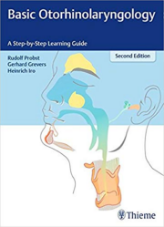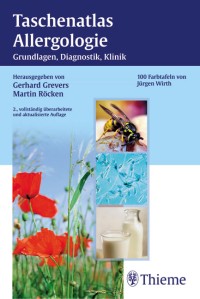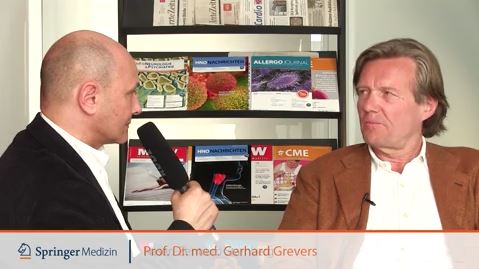Before and After Your Operation
Operations on the nose and sinuses are almost always elective procedures-that is, they are not indispensable for life. Thus, each patient must decide with the guidance of their surgeon when a conservative medical treatment has failed to provide the desired help and when elective surgery is likely to help.
Before the Operation
Patients who decide after individualized counseling to have surgery receive two forms from us:
- Informed consent form. Here the planned procedure is explained in detail and the possible complications discussed. Informed consent forms are standarized and must contain for medical-legal reasons all the complications described in the medical literature, whether they are common or extremely rare. If you have additional questions after reading this form, they must be clarified in another conversation with the surgeon, before you sign the form in the presence of a witness and the surgeon.
- Pre-operative medical form, which has to be filled out two weeks before the operation by your primary care doctor (not by an otorhinolaryngologist) and given to the anesthesiologist the day before the surgery. This form contains the address of the hospital, the admission date (generally the afternoon before the surgery) and the planned operation, as well as the warning that anticoagulants (blood thinners), most importantly aspirin, must be stopped ten days before the planned procedure.
Mutual Trust and Safety are Our Priorities
After thousand of pre-operative counseling sessions over decades, we know that operations in the head and neck region are often considered extremely dangerous. We do everything possible to reduce these fears for the patient. In our experience, detailed individualized counseling before, during and after the operations is the best way we can repay our patients for the trust they have placed in us.
A key part of our practice concept is that each patient is always operated on by the surgeon who has recommended the procedure, discussed the pros and cons, and answered all questions. We know that that trust in the surgeon is the most important priority for each patient. In addition, we work with our own anesthesia team; this is just another step for us to maximize your safety during the procedure.
Most patients must remain in the hospital 1-2 days. The loose nasal packing or tamponade is removed on the first post-operative day. Most patients do not describe this step as painful. After discharge, the mucosa still needs special care, which can be provided by the primary otorhinolaryngologist. Each patient also receives special nasal sprays, rinses or ointments with exact instructions on how to use them.
Nasal wounds heal like any other wounds with secretions and crusts. Following any nasal operation, there is an increase in secretions as part of the normal healing process. After 7-10 days, the secretions diminish and crusts form. The course and duration of healing process can vary greatly depending on the length and extent of the operation. Other medical problems, previous operations and long-term use of decongestant drops can all delay the healing process.
Precautions after the Operation
Strenuous activities which tend to elevate blood pressure should be avoided for three weeks after the operation because of the increased risk of nosebleeds. In addition, patients must be very careful when blowing their noses; the increased pressure during this innocent procedure can also lead to bleeding. In addition, anticoagulants (blood thinners), including aspirin, should first be re-started one week after the operation to once again reduce the risk of bleeding. We also advise you not to fly for three weeks after an operation because during this period, the unavoidable pressure changes in the cabin can damage the sinuses or ear.
Special Problems with Nasal Polyps
It is well-established that nasal polyps are more common in individuals with a hypersensitivity to aspirin. While many other causes have been postulated for polyps, none has been definitely proven. Today we recognize that nasal polyps reflect chronic mucosal inflammation and that their operative removal cures perhaps 75% of patients. The others unfortunately can expect recurrences. For this reason, the post-operative treatment after polyp removal is longer and more complicated than after other procedures. In order to reduce the likelihood of recurrence, we prescribe the long-term use of effective anti-inflammatory nasal sprays.












